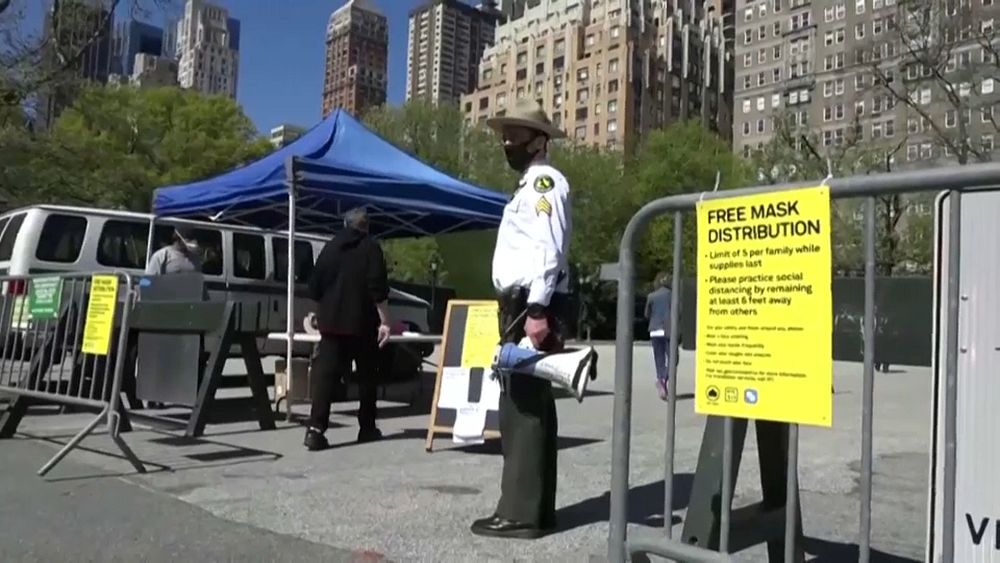The automotive sector, from dealers to car manufacturers, was expecting another signal from the government to help the sector and instead no support will come. In fact, the Government did not consider adding the refinancing of the incentives for the modernization of the car fleet in the text of the conversion into law of the ‘August Decree’ approved by the Senate.
Federauto and Unrae: self-defeating choice
“This is a choice that borders on self-harm, given that the incentives already launched and soon exhausted have not only revived a market in severe crisis and saved jobs, but have produced in a few weeks a greater income for the State and contributed positively to GDP. The measures, which were self-financed on the whole, in fact yielded an additional 58 million euro incremental in VAT revenues, in addition to the higher revenues linked to the registration of vehicles, including the IPT”.
Thus FEDERAUTO and UNRAE have stigmatized the failure to renew the incentives for the renewal of the old Italian car fleet.
“The data released in recent days on the comforting recovery of the market thanks to the incentives – added the representative associations of the industrial and commercial chain of the Italian automotive sector – are the tangible demonstration of how effective this tool has been. Compared to the month of September of last year, in the same period we see the registration of over 13,600 more cars (+ 9.5%) and an increase of 47.4% in car wrecks. Furthermore, the environmental benefit is palpable: the average CO2 emissions of registered cars have dropped to minimum levels (from 118.4 to 105.6 g / km), about 11% less.“.
The analysis, an own goal by the government
No less heavy is the comment of the Centro Studi Promotor (a research structure specialized in the automobile market) which speaks of the Government’s own goal.
‘‘The failure to refinance car incentives in the band with emissions between 91 and 110 grams of CO2 per kilometer is an own goal by the state. The incentives paid by the State for cars falling within this emission range were set at 1,500 euros for purchases with scrapping and 750 euros for those without scrapping. These figures are far below the VAT revenue that comes from the sale of a car with CO2 emissions between 91 and 110 g / km. It is therefore quite clear that the refinancing of the incentives for this segment of cars, which is the most requested among those with incentives, would make a significant contribution to reducing the drop in VAT revenues deriving from the sale of new cars in 2020.
According to the estimates of the Centro Studi Promotor, in 2019 this revenue amounted to 7.9 billion. In 2020, with the disappearance of the incentives for the aforementioned group of cars, this revenue could fall to 5.2 billion, a decrease of 2.7 billion compared to 2019.
This heavy reduction in tax revenues, according to the Centro Studi Promotor, can be reduced if the government and parliament promptly decide to refinance the allocation of scrapping incentives for cars with emissions between 91 and 110 g / km“.
– .


:quality(80)/cdn-kiosk-api.telegraaf.nl/43692662-09f7-11eb-86c5-02d1dbdc35d1.jpg)